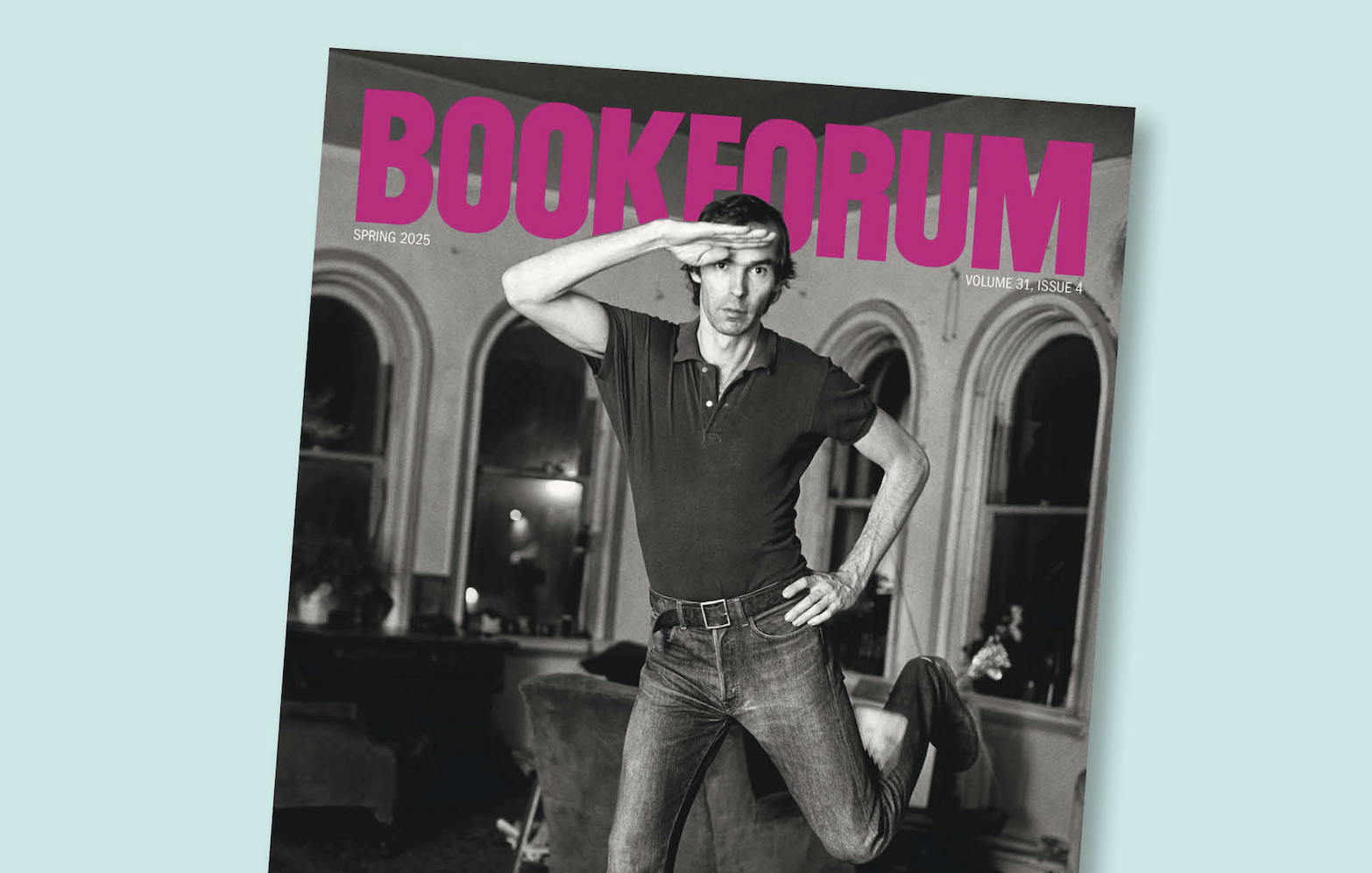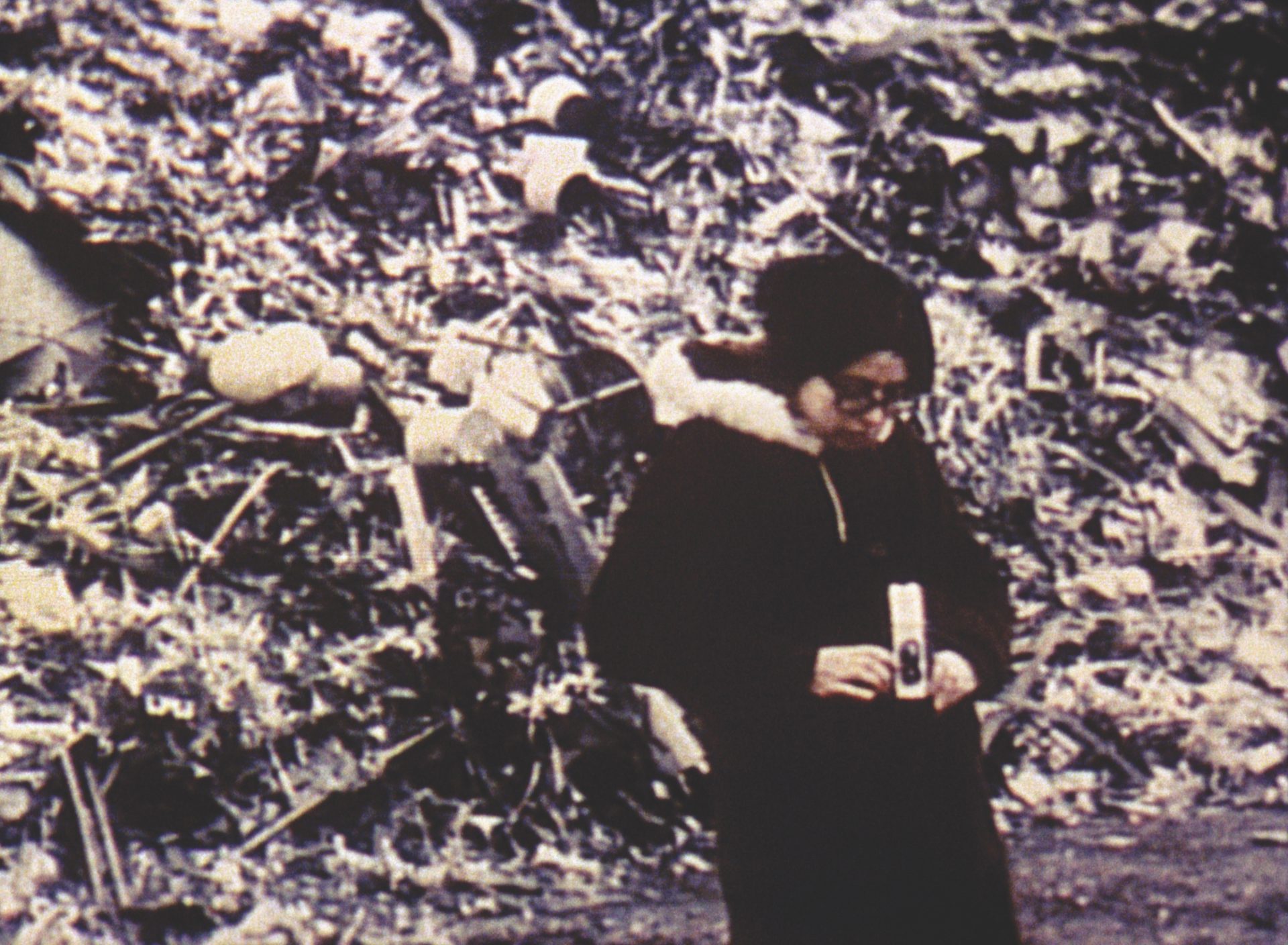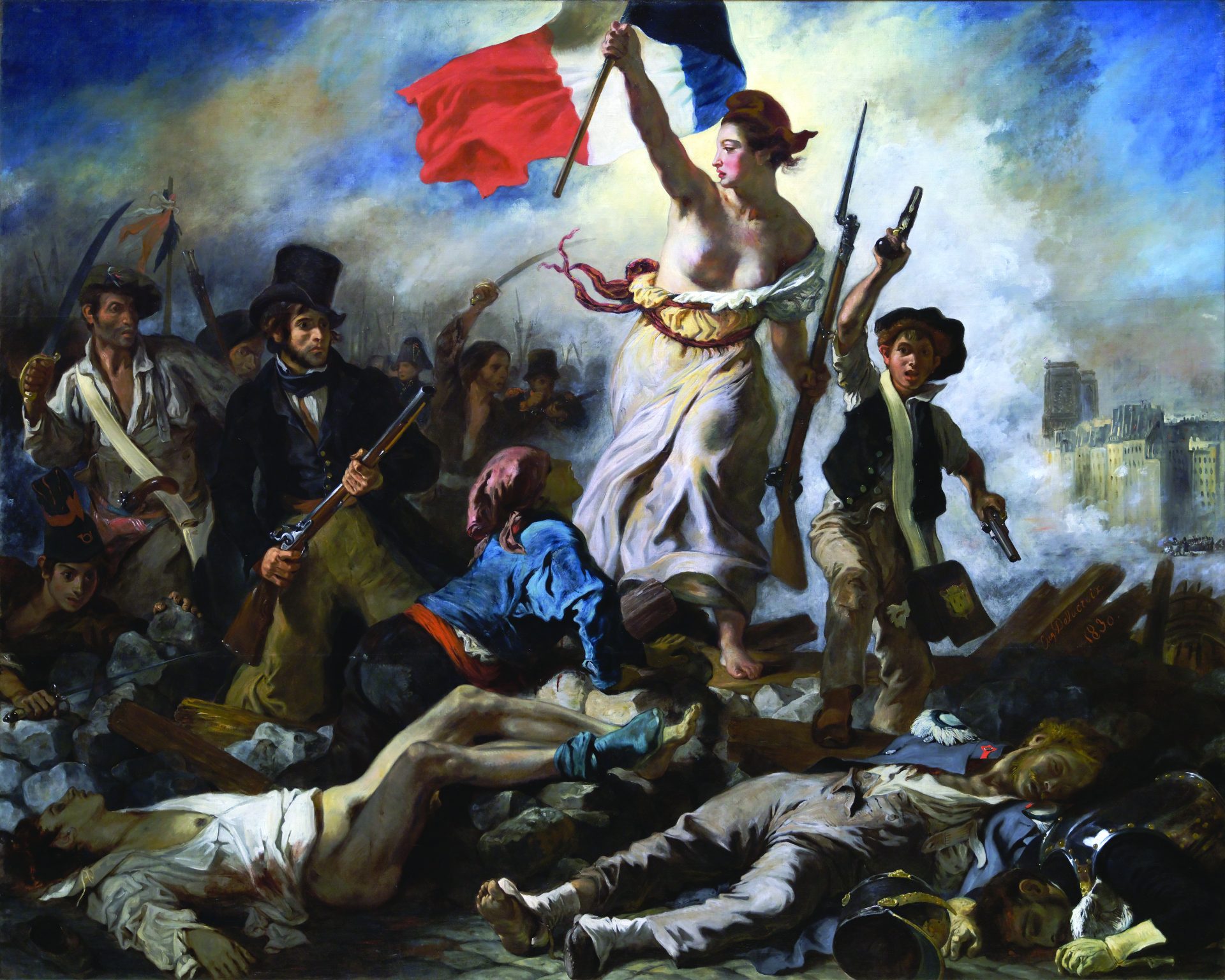
It is obvious why David Plante’s “memoir” Difficult Women, about his “friendships” with three prominent figures in the 1970s, found a publisher the first time around. (More on the scare quotes shortly.) Back then, in 1983, two of his subjects—novelist Jean Rhys and literary executor/professional widow Sonia Orwell—were newly dead, and famous mostly within intellectual circles, giving the book insider appeal, while the third, the always larger-than-life writer and feminist Germaine Greer, who’s had the dubious luck of outlasting this book twice now, granted a dollop of commercial relevance. Or so one imagines a publisher calculating.
Why it’s been reissued now, by the editors of the NYRB Classics series, who reliably return worthy titles to our attention, is less evident.
Certainly it’s a curious book, an artifact not only of a time and place—1970s literary London, Italy, and, unexpectedly, Tulsa, Oklahoma—but also of the mean, sad predaceousness of the literary world in general, which drove Plante home each night to complain to his diary, then rewarded (punished?) him by making these private grievances public. Among people who live and die by the pen, gossip is gold.
Make no mistake, Plante is in on the game. He opens the book with a visit to Jean Rhys, and the ultimate name drop: “I asked at reception for Mrs. Hamer. It always gave me pleasure to use her married name, not the name she was known by.” Immediately, lest we confuse him with a sycophant, he boasts of his indifference: “She once told me some of the names she had used in her life to keep her life secret, and I forgot them.” Then, like a snake hissing warning of its own approach, he broadcasts his mendacity by noting his total disregard for her wishes: “To refer to her as Mrs. Hamer, which was a private name, and not as Jean Rhys, meant, I suppose, that I was a part of her private world, the world she wanted to remain forever her world.” Finally, he closes the paragraph by performing the self-reflection that’s fooled more than a few critics into thinking he’s up to anything more than eloquent scuttlebutt: “I wondered why I should want to be a part of it.”
It’s a neat trick, to advertise the heart and soul of a book in a single introductory paragraph. What follows are piles of close, unsparing descriptions of the women Plante attached himself to, from an elderly Rhys with her poorly applied makeup (“there were patches of thick beige powder on her jaw and on the side of her nose”), to Orwell’s appearing at a friend’s house “in great heat, sweating,” to Greer rolling down the car window “because, she said, she was making smelly liquorice farts.”
This unchecked realism is what makes the book controversial and therefore interesting to others. In his astoundingly generous introduction to this reissue, the novelist Scott Spencer informs us that, “decades later, it continues to divide readers between those who are captivated by its grace and wit, and those who perceive it as disloyal, improper, unkind, and pitiless.” Plante’s book is indeed gracefully written, and occasionally witty, as well as disloyal, unkind, and pitiless, but I take issue with the word “improper,” which by implying a Victorian pinkie-in-air umbrage demeans a perfectly valid response. Even more perplexingly, Spencer goes on to say that “questions about tact and taste” present “moral challenges not just for the writer but for the reader as well,” then cites Janet Malcolm’s famous line about the moral indefensibility of journalists—as if Plante’s book has anything to do with journalism! There is no question: Reading this book made me feel queasily complicit in the author’s moral transgressions. Dressing up that discomfort as a “moral challenge” endows Plante’s motivations with a nuance they simply don’t deserve.
We are accustomed to thinking of memoir as a window, but in Plante’s case, it is more like a shield. Under cover of “it was my own experience,” he finds the liberty to write and print cold-blooded commentary about other people, and spill their secrets. Branding this book a memoir speaks to the elasticity of the category, and how both publishers and authors can use it to their advantage. In fact, it resembles more closely an unauthorized tell-all biography.
Equally convenient is Plante’s definition of friendship. To call the relationships described in these pages friendships is to besmirch the term, and that’s before he goes ahead and betrays his so-called friends by publishing the book. These were never friendships to begin with, but rather frankly transactional affiliations, devoid of complexity or even mystery, rendering his analyses about as compelling as the play-by-play of a tennis match.

Most disturbing of all, however, is how Plante exploits his access as an openly gay man to straight women. They relax around him in a way that they wouldn’t were sex or attraction on the table, and he knows this. When he and Greer go to a café, he notes: “Her dress was short, and she was sitting slouched back in her chair, her legs stretched out and open. . . . [I] saw that she was not wearing underpants and that her cunt was visible.” Who knows—maybe she’d still have let it all hang out, as it were, if she were interested in seducing him. Even then it would be hard to shake the sensation that he’s peeking through a hole in the wall, transfixed by the ways in which these women choose to negotiate their femininity, and shouting out what he sees, not in admiration, or even covetousness, but as if he’s thinking to himself, There but for the grace of god go I—these women may have the power and status I want as my own, but I have something they don’t: I am a man. I will never weep, as Rhys does,“I’m a slut without a penny. . . . Nothing matters. Nothing.” I am free.
Plante was born in 1940 in Rhode Island; his family was Catholic and working-class. He graduated from Boston College, then studied in France. While living in London in the ’70s, he attached himself to well-connected literary figures and wrote obsessively about them in his diary. Because the narrator of Difficult Women is often ineffective and callow, and his portraits are of women who are older than he is—Rhys was in her eighties when he knew her, and Orwell in her fifties—it’s tempting to cast him as something of a bumbling ingenue, or at the very least to call him “young.” In fact, Plante was in his thirties when he met his marks, and an established author; by 1976, he’d published five novels, and in 1978 he released the first in what became a well-regarded trilogy, based on his own childhood. (Also, Greer is only one year older than Plante.)
Rhys died in May 1979. That fall, Plante’s diary entries about her were published in the Paris Review. In a recent essay for that magazine’s website, he explains what happened next. First, Rhys’s literary executor recommended that he gin up other similar portraits and publish them as a book, even suggesting the title and, therefore, a conceit. The following year, while this new idea was germinating, Plante and Greer took up teaching posts at the University of Tulsa, and for Thanksgiving they drove together to Santa Fe. “Back in Tulsa, I wrote an extended entry in my diary about this trip,” he tells us. Several weeks later, in December 1980, Orwell did him the favor of dying on his time line; at a memorial organized by Mary McCarthy, Plante read about Orwell from his diaries. He writes that at the luncheon afterward, the writer Cressida Connolly told him that he had “brought Sonia into the room, brought her, alive, into the room.” Her words moved him—“I can do that, I thought. I can make a person enter a room, stepping out from my writing.” Thanks to her vote of confidence, though the reader wonders if her being the daughter of Cyril Connolly also had something to do with it, the Difficult Women project was off and running.
Connolly was right. Plante’s portraits of these women are vivid, alive. There’s Rhys, “wearing large pink bloomers, tied at the ankles, a white silk blouse, and her pink wig, put on backwards.” There’s the lusty Greer, tossing a lump of testicle (Plante doesn’t tell us what kind) onto the cutting board to chop up and feed to her cats, or grinding pesto in a mortar while her “bum, her hips, her tummy, her breasts” jiggle beneath her red knit dress. There’s Orwell, with her castrating opinions: “I’ll tell you what I think about you. . . . What you don’t do is think. I do think. You don’t think. I like being among the French because they think. Why don’t you think!”
This is a very stylish book, well written and sharply observed. By keeping his gaze trained exclusively on the women and his interactions with them, Plante maintains a hermetically sealed intimacy, in which, if other people are present, they’re not named or even much considered. The intensity is pleasing. The language is spare and elegant, the descriptions evocative. Beyond the first-this-then-that progression of actual life, there is no narrative, which creates a cinema-vérité naturalness. By prioritizing his observations over whatever “story” he might have crafted, or even discovered, Plante admirably avoids sentimentality and aggrandizement.
Rarely do we have the chance to read such unhagiographic descriptions of people who weren’t despots or villains (or merely family relations of the author). Indeed, as an anti-hagiography, the book emerges as the flip side of the same coin. Just as a hagiography reveals not the truth about the subject, but instead the point of view of the narrator, so too does anti-hagiography. Plante is writing about three people of his close acquaintance, but his actual subject is his own contempt—for them and, presumably, himself.
Were he to get to the bottom of this contempt within the pages of this book, it would be a very good book. It would be, then, a snapshot of a man who despises women, who works out his hatred through affixing himself to them—parasitically, like a leech—spending as much time as he can with them, and going home to write down everything they said and did and everything he thought about what they said and did. The book is so well written that had he also delivered genuine insights into himself, the wonderfully complicated women he writes about, or even the topic of friendship in general, I would have, begrudgingly, liked it a lot. A Portrait of the Artist as a Misogynist. Alas, such a book never materializes.
Kate Bolick is the author of Spinster: Making a Life of One’s Own (Crown, 2015).






